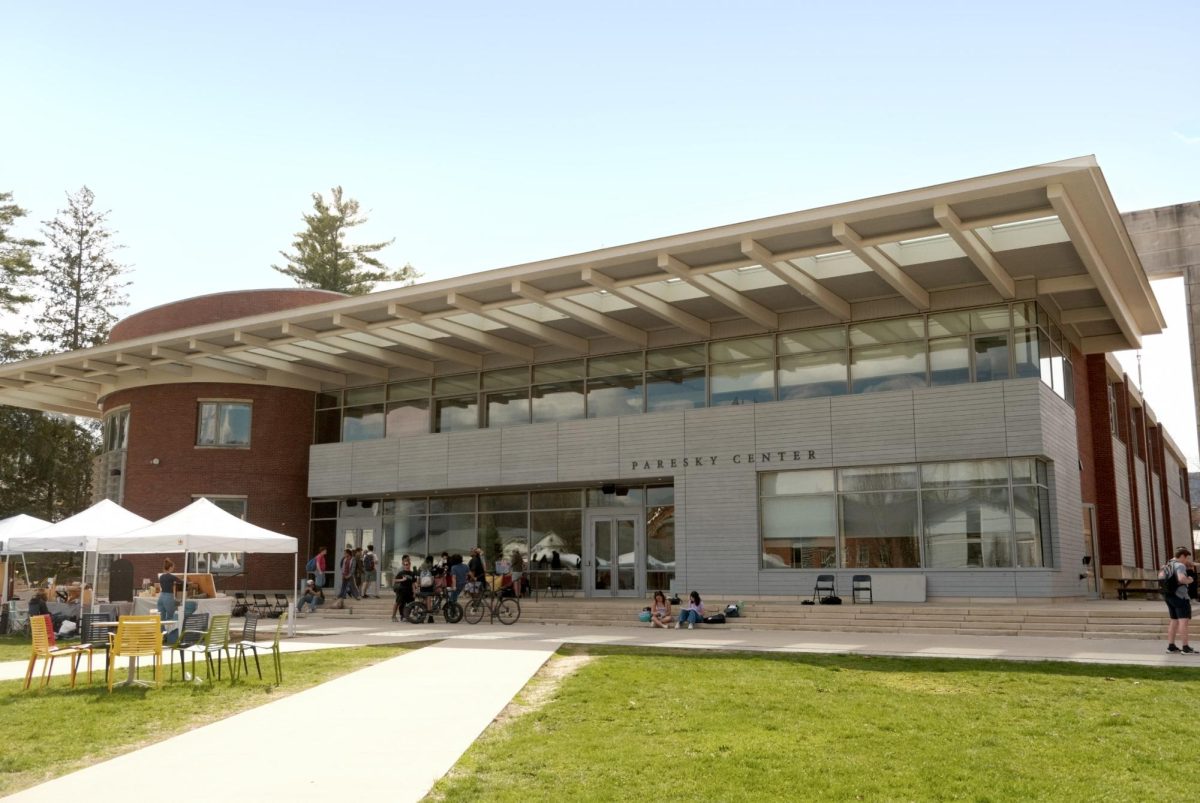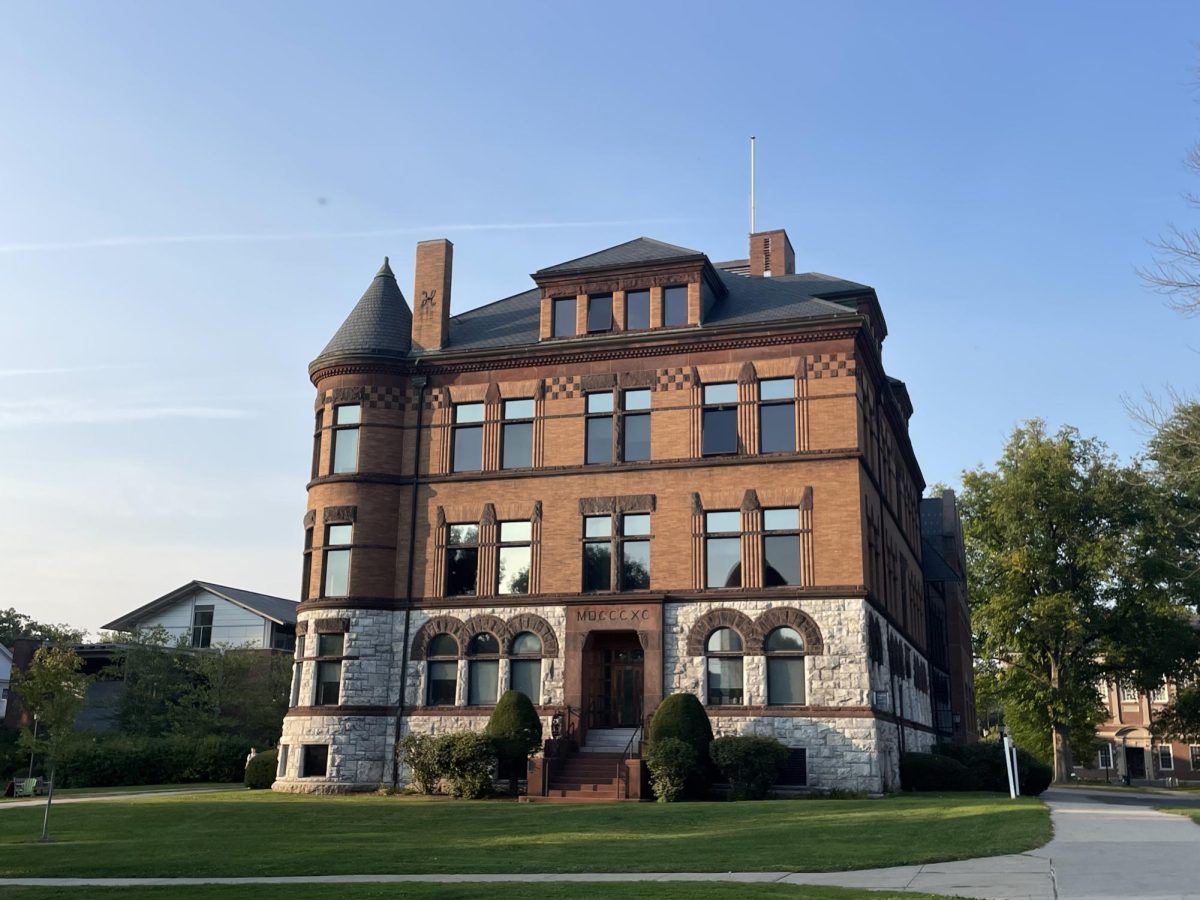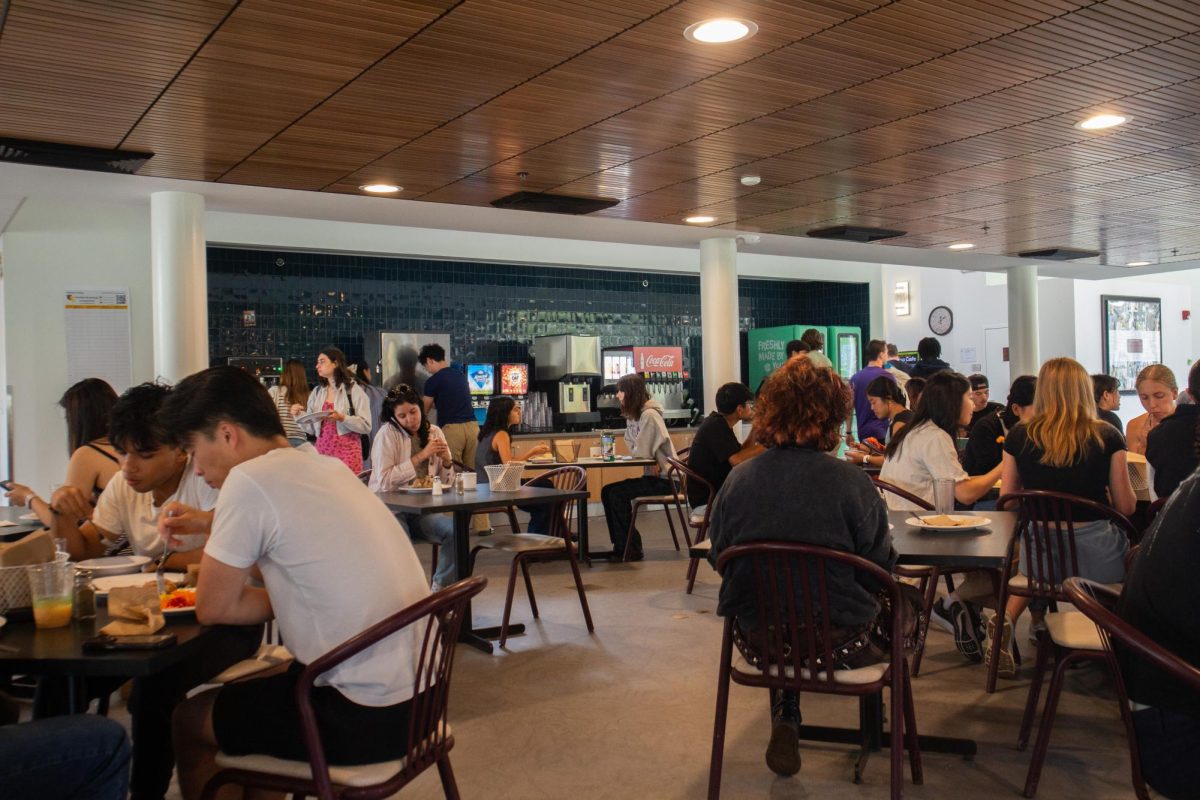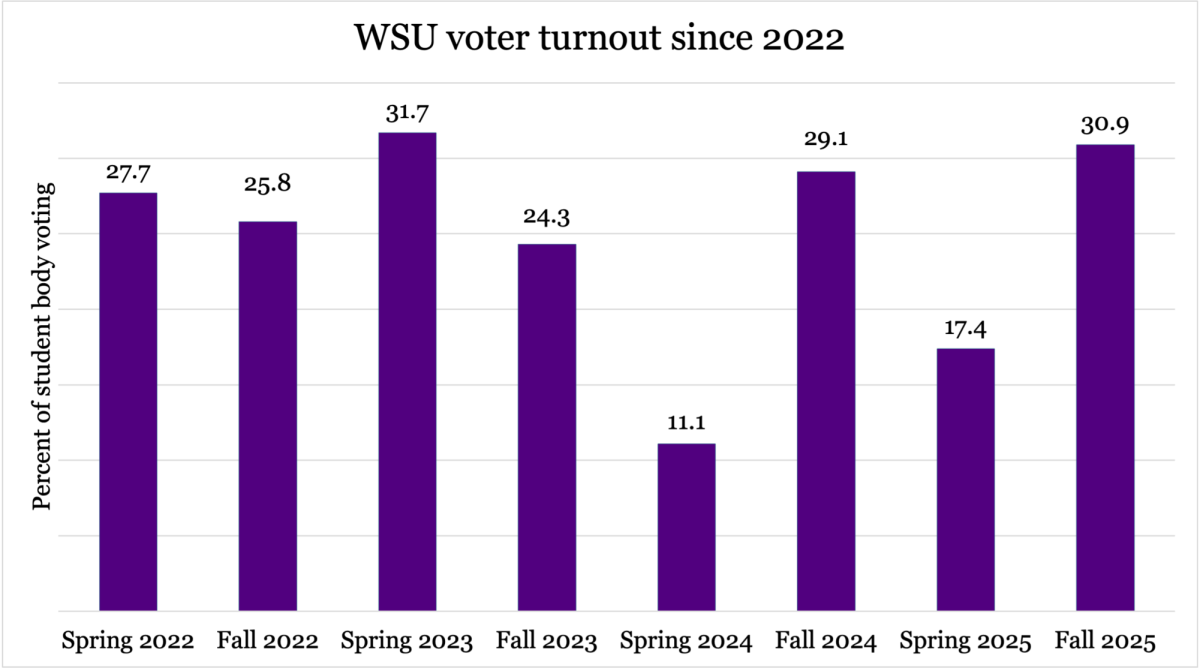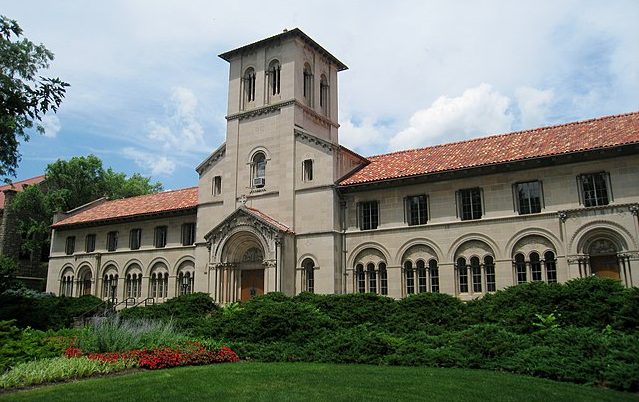
The faculty voted last week on whether to amend the faculty handbook to remove language related to diversity, equity, and inclusion (DEI) that may be deemed noncomplaint with new Trump Administration rules. Attendees of the faculty meeting, hosted at the Williams Inn, voted down the change, opting to defer the amendments for more substantive deliberation at next month’s meeting. As a result, the College has chosen to continue to delay federal grant recertification, meaning it cannot accept federal research funds until the changes are finalized.
This set of proposed changes to the handbook included the removal of language related to affirmative action and an alteration to the section on the Bolin Fellowship. The faculty handbook spells out the rules and policies of College governance and faculty employment. Another set of changes, which made minor edits such as updating committee names, successfully passed.
The changes related to DEI language were described as “updates required to ensure that the Handbook’s provisions and policies are clearly stated, current, and legal” in the faculty bulletin distributed at the meeting.
Both sets of changes were initially made under the “simple review process” which stipulates that the Dean of the Faculty and Faculty Steering Committee may jointly propose minor revisions to the handbook’s language that will take effect if unopposed. “Simple motions are technical or editorial changes that are considered minor enough that they do not require faculty discussion or a vote,” Bernie Rhie, Associate Professor of English and Chair of the Faculty Steering Committee, wrote in an email to the Record.
However, the proposed changes are not immediately ratified under the simple process, and can be moved to the substantive review process at the meeting. “Procedurally, any faculty member has the right to move that revisions should instead be subject to a faculty vote,” President Maud S. Mandel wrote in an email to the Record the day after the meeting. “That’s what happened yesterday. After discussion, the matter will presumably come back onto the agenda at a future faculty meeting.”
A motion to send the diversity-related changes back to the substantive review process passed 54-49 with four abstentions. The faculty approved the minor technical changes — largely updating references to bodies whose names have changed — by a 96-3 vote with one abstention.
Under the substantive review process, the Steering Committee will have an opportunity to revise its proposed changes. “The Steering Committee will now go through the proposed revisions that were sent back and consult with various members of the faculty, including relevant committees … to see whether those revisions should be further revised (or rolled back) in any way,” Rhie wrote. “Once we have done that, we will bring the finalized revisions back to the faculty at the October faculty meeting in the form of motions (including rationales), which the faculty will then discuss and vote upon.”
Associate Professor of Environmental Studies Laura Martin brought the motion to return the changes to the substantive review process. “In my eight years at Williams, I had never seen such sweeping and consequential changes made to the faculty handbook,” she wrote in an email to the Record. “The fact that they were listed as ‘simple (editorial or technical) revisions’ rather than ‘substantive revisions’ baffled me.”
According to Mandel, the proposed changes were part of the College’s effort to become compliant with new National Science Foundation (NSF) and National Institutes of Health (NIH) guidelines. In June, the College stopped accepting funds from new NSF and NIH grants over new guidelines targeting diversity, equity, and inclusion initiatives. Mandel said at the meeting that she hoped that the recertification process would be complete by the end of the month.
After the meeting, Mandel wrote that the vote has delayed the process. “We will likely continue the temporary pause on the acceptance of new grant funds until the faculty handbook can be updated with language that accurately reflects the college’s current practices,” she wrote.
Martin said that the delay is not necessarily an immediate problem for research at the College. “The grant recertification process may be delayed, but that is not a major concern, since the college is already working to assist faculty who have been delayed in receiving federal grants,” she wrote.
Martin also questioned the continued relevance of federal funding in an increasingly politicized environment. “Federal grants make up something like 0.6 percent of the College’s budget, which means that the College should be in a position to self-fund grants recommended by expert panels for funding,” she added. “It is worth spending the time to deliberate how the college can best respond to our rapidly changing legal climate while maintaining its identity and values,” she continued.
Professor of Biology Luana Maroja, however, expressed concern about the delay because federal grants allow her to collaborate with researchers at other colleges and universities. “I think federal funds are not just about money,” she told the Record. “I’ve had three NSF grants since I came [to the College], and the reason I can collaborate … is because I can be part of grants.”
“I can mentor students in collaboration,” she continued. “For many years, I sent students to Cornell in the summer. I had people coming here from other parts of the U.S. and from Brazil. Without the possibility of receiving grants, we become isolated.”
Martin acknowledged that severing ties with the federal grant issuers would not come without complications. “I believe strongly in the work of federal granting agencies, and it distresses me that the Trump administration is attacking higher education, in part by asking us to choose between accepting federal funding or continuing diversity and inclusion work,” she wrote.
Professor of Geosciences Phoebe Cohen concurred. “I personally would rather lose my federal grant funds if it means not capitulating to pressure from the Trump administration regarding so-called ‘illegal DEI’ — that money is not worth the price of suppressing my own ethical and moral beliefs,” she wrote.
Rhie emphasized that the vote against the changes signaled a productive discourse among the faculty. “Far from being problematic, what happened on Wednesday is a sign that faculty governance is working at Williams,” he wrote.









